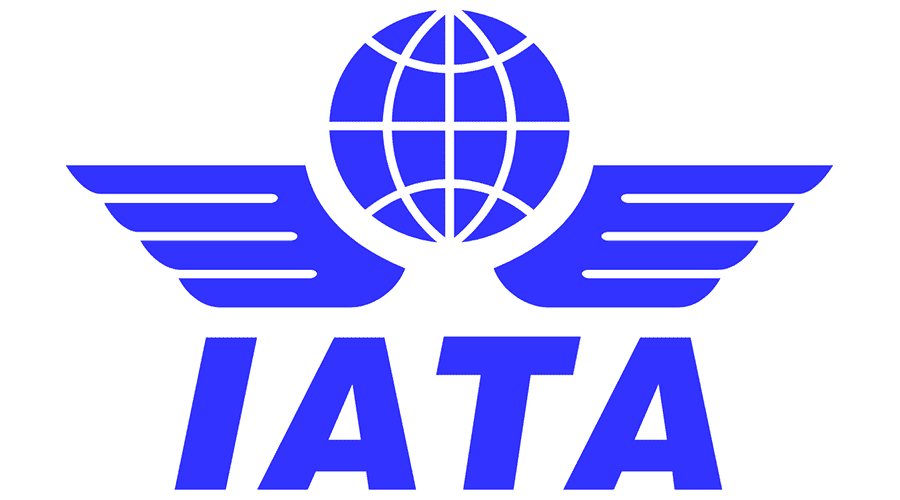Geneva — The International Air Transport Association (IATA) called for governments to follow World Health Organization (WHO) advice and immediately rescind travel bans that were introduced in response to the Omicron variant of the coronavirus.
Public health organizations, including the WHO, have advised against travel curbs to contain the spread of Omicron. WHO advice for international traffic in relation to the SARS-CoV-2 Omicron variant states that:
“Blanket travel bans will not prevent the international spread, and they place a heavy burden on lives and livelihoods. In addition, they can adversely impact global health efforts during a pandemic by disincentivizing countries to report and share epidemiological and sequencing data. All countries should ensure that the measures are regularly reviewed and updated when new evidence becomes available on the epidemiological and clinical characteristics of Omicron or any other variants of concern.”
Time-Limited Science-Bases Measures
The same WHO advice also notes that states implementing measures such as screening or quarantine “need to be defined following a thorough risk assessment process informed by the local epidemiology in departure and destination countries and by the health system and public health capacities in the countries of departure, transit and arrival. All measures should be commensurate with the risk, time-limited and applied with respect to travelers’ dignity, human rights and fundamental freedoms, as outlined in the International Health Regulations.”
“After nearly two years with COVID-19 we know a lot about the virus and the inability of travel restrictions to control its spread. But the discovery of the Omicron variant induced instant amnesia on governments which implemented knee-jerk restrictions in complete contravention of advice from the WHO—the global expert,” said Willie Walsh, IATA’s Director General.
Cleaning Up the Mess
IATA urges governments to reconsider all Omicron measures. “The goal is to move away from the uncoordinated, evidence absent, risk-unassessed mess that travelers face. As governments agreed at ICAO and in line with the WHO advice, all measures should be time-bound and regularly reviewed. It is unacceptable that rushed decisions have created fear and uncertainty among travelers just as many are about to embark on year-end visits to family or hard-earned vacations,” said Walsh.
The industry demand asks governments to implement commitments that they have made through ICAO:
“We also commit to a multilayer risk management strategy for international civil aviation, which is adaptable, proportionate, non-discriminatory and guided by scientific evidence in close cooperation and coordination with the public health sector, with agreed practices harmonized to the greatest extent possible, for air travel purposes, using commonly accepted epidemiological criteria, testing requirements and vaccination, and underpinned by regular review, monitoring and timely information-sharing among States,” ICAO HLCC Ministerial Declaration (link)
“Despite this clear commitment, very few governments have addressed early over-reactions to Omicron. With the European CDC already signaling that a de-escalation of measures will likely be needed in the coming weeks, governments must urgently put actions behind the commitments that they made at ICAO,” said Walsh.
European Centre for Disease Control and Prevention (ECDC) in the latest update to its Threat Assessment Brief on the implications of Omicron in Europe notes that “given the increasing number of cases and clusters in the EU/EEA without a travel history or contact with travel-related cases, it is likely that within the coming weeks the effectiveness of travel-related measures will significantly decrease, and countries should prepare for a rapid and measured de-escalation of such measures.”
“Once a measure is put in place, it is very challenging to get governments to consider reviewing it, let alone removing it, even when there is plenty of evidence pointing in that direction. That is why is it essential that governments commit to a review period when any new measure is introduced. If there is an over-reaction—as we believe is the case with Omicron—we must have a way to limit the damage and get back on the right track. And even in more normal circumstances, we must recognize that our understanding of the disease can grow exponentially even in a short period of time. Whatever measures are in place need to be constantly justified against the latest and most accurate scientific knowledge,” said Walsh.

